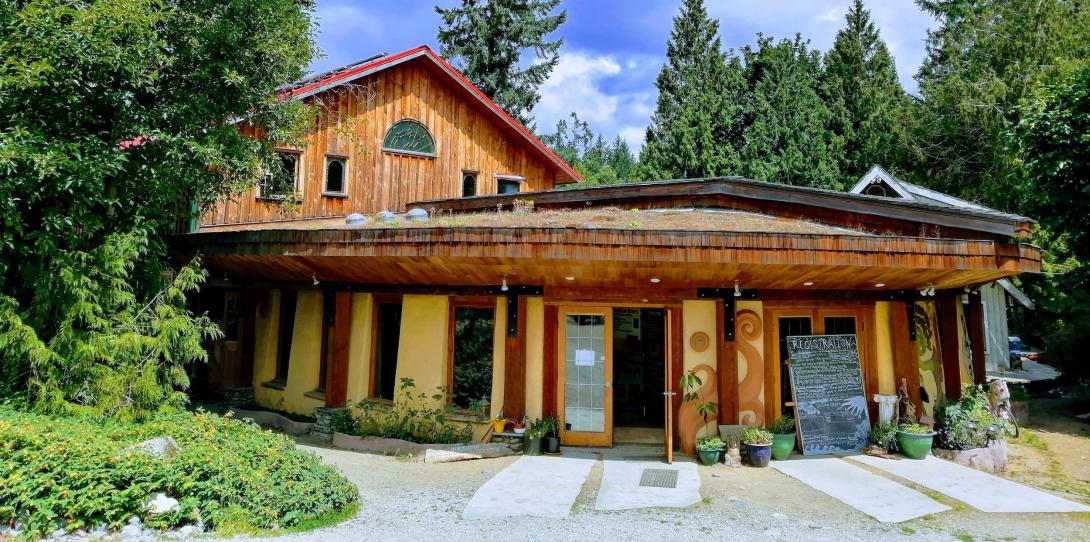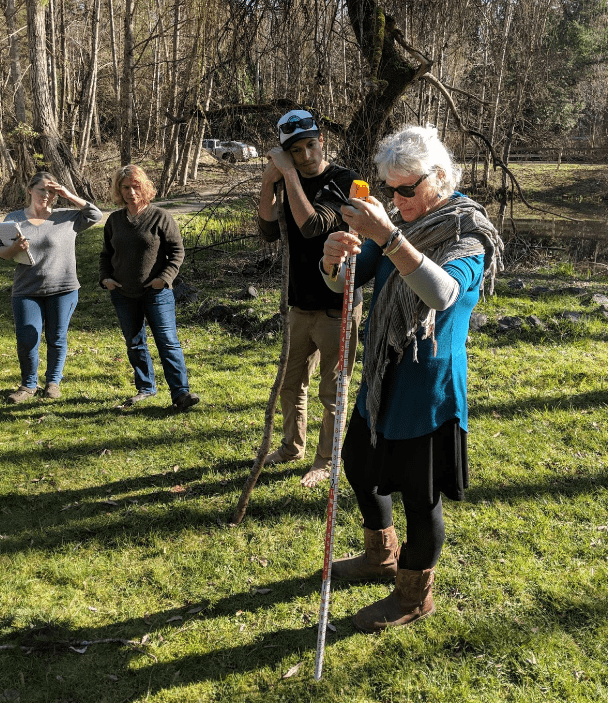
A Story of One United Resource
Originally published by Canadian Worker Co-op Federation
OUR Eco Village Cooperative is an organization with a unique vision and a rich history. OUR stands for “One United Resource,” a philosophy that emphasizes the contributions and gifts each member brings to the collective.
The Co-op began as a community group in Victoria, BC, in the 1990s, united by a passion for land-based learning and experience in the eco-village movement, an international concept ratified by the United Nations, aligning with the Sustainable Development Goals. Establishing themselves in Shawnigan Lake, BC, in 1999, the founders aimed to work together for the common good, reclaiming common space and establishing a holistic design encompassing social, environmental, and economic dimensions. They also incorporated a fourth dimension: worldview, focusing heavily on cooperative culture.
“It was mostly people who stepped forward and said that we wanted to work together for the common good, for the common people, and try to reclaim the common space,” says cofounder Brandy Gallagher.
OUR Ecovillage operates as a multi-stakeholder co-operative, a model its members believe is essential for truly holistic design. This structure includes housing, worker, and producer components, aiming to integrate various cooperative ways of being within a single organization. This approach reflects their systems theory education, understanding regenerative design through whole systems.

“Having all kinds of ways of being cooperative in one organizational structure is what we were working so hard to try and design and develop,” says Gallagher. “I think it’s the one way that really speaks to holistic design that is social, environmental and economic.”
But this kind of innovation comes with its challenges. OUR Ecovillage has found that their unique and complex structure, while award-winning, often leads to misunderstandings from traditional financial institutions. Securing insurance and financing, for instance, has been difficult, as their “round peg” doesn’t fit into the “square hole” of conventional systems.
There are also the challenges associated with the multi-stakeholder model, such as the potential for conflicting interests. For example, workers might want higher wages, producers higher prices, and consumers lower prices. Balancing these needs requires a strong cooperative culture, something that takes time and intergenerational commitment to build.
OUR Ecovillage’s members believe in the importance of cooperative culture, drawing inspiration from places like Emilia-Romagna in Italy, where it’s deeply ingrained. However, they also acknowledge that the cooperative system in Canada operates within a colonial capitalist framework, which can clash with true cooperative principles.
Thus, decolonizing the co-op movement is a significant part of the Co-op’s work. They believe that Indigenous communities have a deep understanding of cooperation, and they recently incorporated a governance model with over 50 percent Indigenous leadership, aiming to honor and integrate Indigenous frameworks of cultural understanding.
Despite the challenges, OUR remains committed to its vision. Looking ahead, they envision a future where co-ops are truly decolonized, where indigenous wisdom and cultural frameworks guide cooperative practices. They believe this could unlock new opportunities and create a more regenerative and abundant economic system.

Add new comment